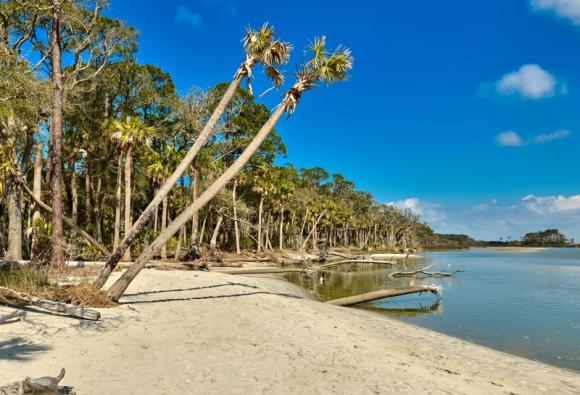Introduction
The AIS region consists of particularly vulnerable Small Island Developing States (SIDS) spread across vast territories in the Atlantic Ocean, Indian Ocean, and South China Sea. The populations of these islands face significant challenges due to climate change. The African Island States Climate Commission (AISCC) and its partners are working to support SIDS in the African and AIS regions, addressing the pressing challenges posed by climate change while fostering coordination within the AIS region and with other SIDS regions: the Caribbean and the Pacific.
The AISCC, with the support of its partners, plays a leading role in advancing SDG 14 and facilitating the transition of island states to a climate- and ocean-resilient future. This is achieved through several high-level meetings and initiatives, including the RESIslands project, which is funded by the GCF and implemented by UNECA on behalf of the AISCC member states.
ECA engagement at UNOC3 will build on the outcomes of previous meetings held during the UNFCCC COP 29 and 28, the 4th International SIDS Conference, the African Climate Summit, the 37th African Union Summit, the Blue Future Conference, and others, with the goal of accelerating effective partnerships for climate and ocean resilience in the AIS Region and SDG14.
The parallel meeting on SDG14 convened at the recent 11th session of the ARFSD resulted in key messages that urged African member states and development partners to:
- Accelerate progress towards the achievement of Goal 14 by implementing the strategies of the African Union on maritime and ocean governance and the blue economy, and associated subregional and national policies, strategies and action plans.
- Utilize local Indigenous knowledge, support youth-led initiatives and invest in development that is beneficial to nature and actions that are focused on the blue economy, with a view to balancing economic growth and job creation with ecosystem regeneration.
- Leverage sustainable and innovative resources, such as blue bonds, debt swaps, diaspora financing and opportunities under the African Continental Free Trade Area, to finance initiatives that can help to protect the oceans in the region.
- Enhance scientific capacity, data systems and policy coordination, with a view to unlocking greater private and domestic investment.
- Scale up investment in research, vocational training, ocean science infrastructure, ocean entrepreneurship and the restoration of coastal, marine and freshwater ecosystems, including by improving the measurement and valuation of blue natural capital, promoting scientific cooperation and ensuring that local communities benefit from and contribute to ocean preservation.
- Promote inclusive job creation in the blue economy, with a focus on opportunities for women, young people, persons with disabilities, Indigenous Peoples and coastal communities.
- Foster the development of training and vocational programmes for which the curricula include issues related to the blue economy, and improve access to education in science, technology, engineering and mathematics.
- Ensure that the voice of Africa is heard in efforts to shape global ocean governance, including by ratifying and implementing major relevant treaties, such as the Agreement under the United Nations Convention on the Law of the Sea on the Conservation and Sustainable Use of Marine Biological Diversity of Areas beyond National Jurisdiction and the Agreement on Fisheries Subsidies, and by contributing to the finalization of the proposed United Nations treaty on global plastics.
